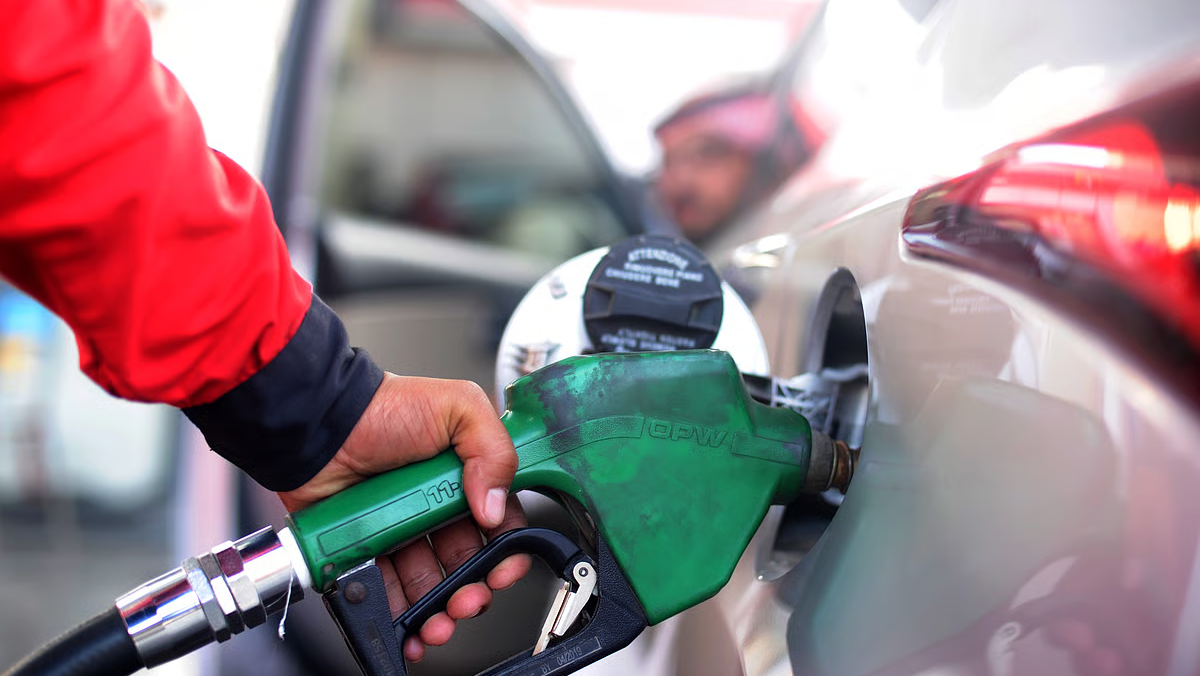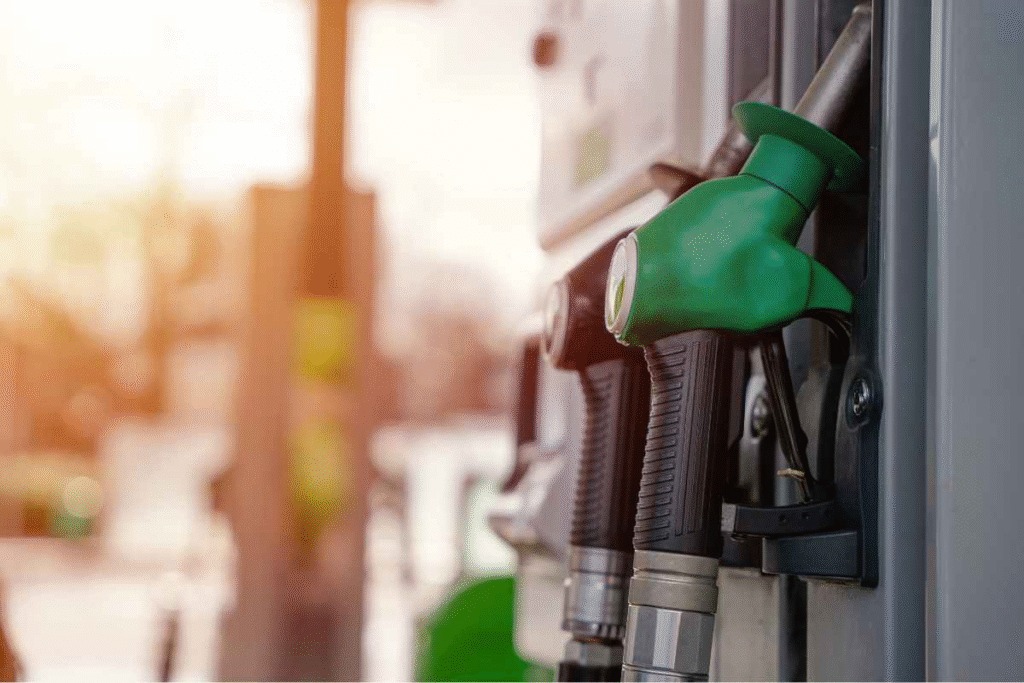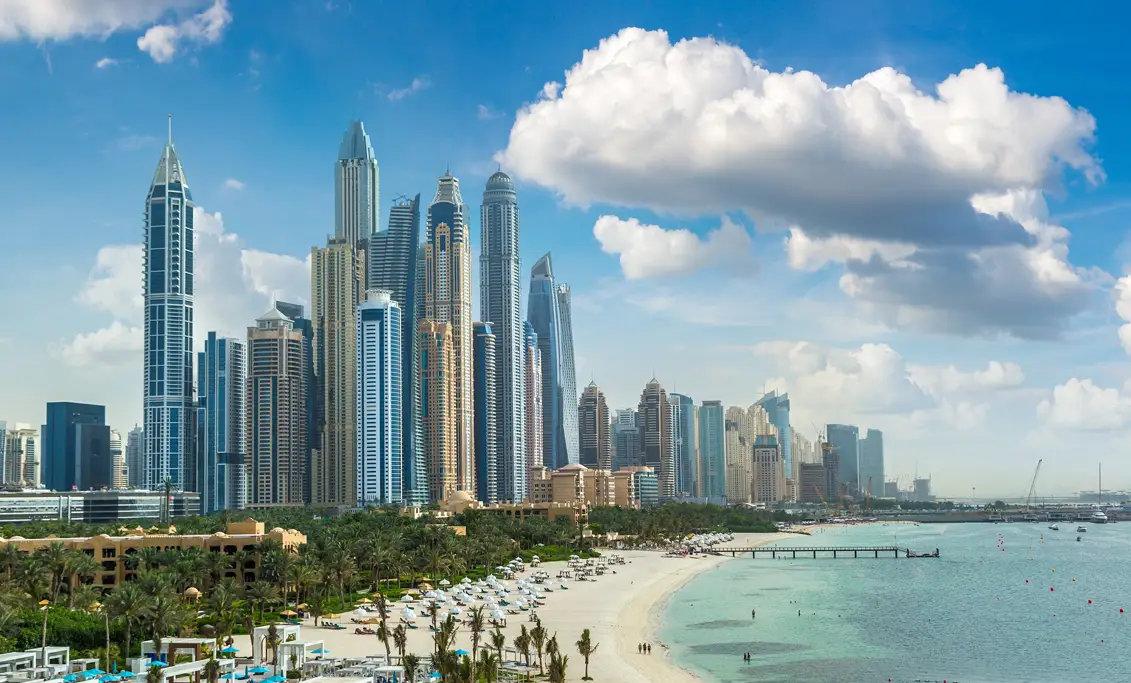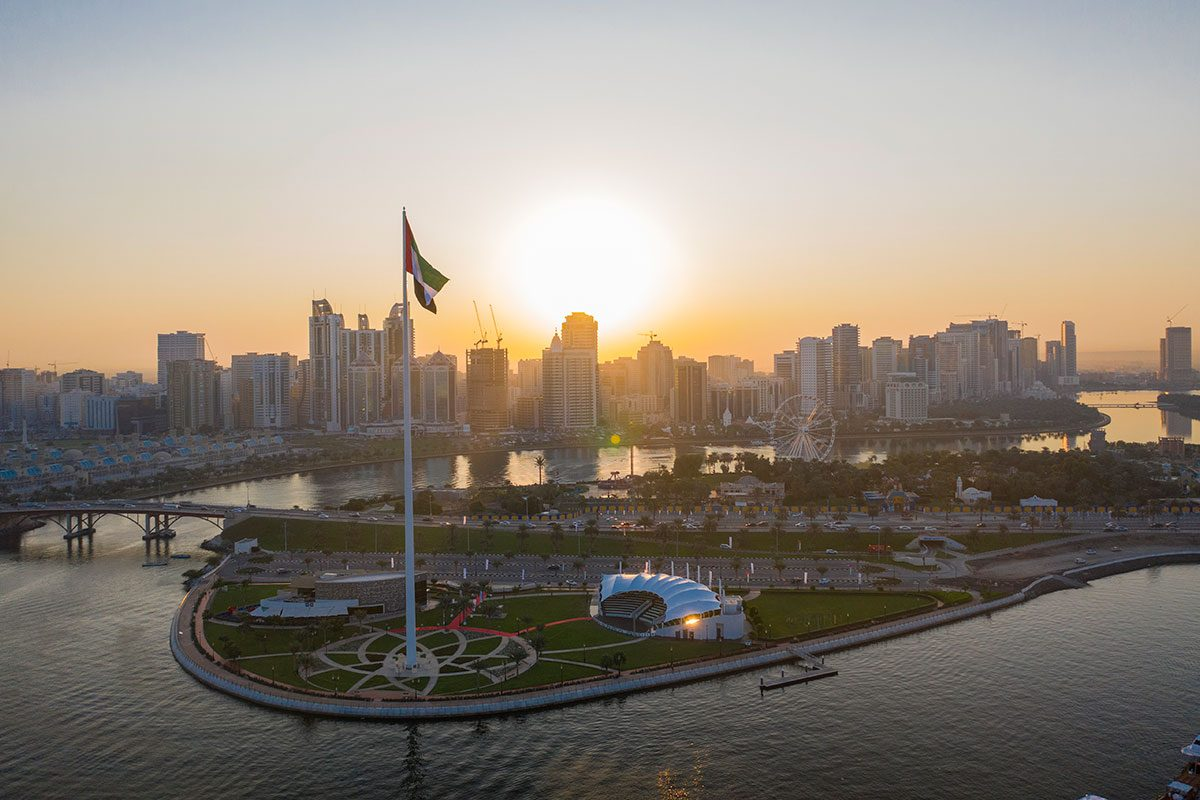Now Reading: Fuel Prices Finally Drop After Months of Increases in UAE 2025
-
01
Fuel Prices Finally Drop After Months of Increases in UAE 2025
Fuel Prices Finally Drop After Months of Increases in UAE 2025

Table of Contents
After several months of rising costs, the UAE has announced a significant drop in fuel prices for the month of July 2025. This move has brought much-needed relief to motorists, transport companies, and residents across the country who have been dealing with steady fuel hikes since early this year.
The Fuel Price Committee, which revises rates at the beginning of each month based on global oil trends, officially reduced the price per litre of petrol and diesel, signaling a welcome change in direction.
New Fuel Prices for July 2025

According to the Emirates National Oil Company (ENOC) and ADNOC Distribution, the revised prices are as follows:
- Super 98 Petrol: AED 3.03 per litre (down from AED 3.15)
- Special 95 Petrol: AED 2.92 per litre (down from AED 3.03)
- E-Plus 91 Petrol: AED 2.85 per litre (down from AED 2.95)
- Diesel: AED 2.95 per litre (down from AED 3.00)
This reduction of approximately 10 to 12 fils per litre may seem minor at first glance. However, over time, it can lead to noticeable savings for those who regularly commute or run commercial fleets.
Reason Behind the Price Drop
The decrease in fuel prices is mainly due to a global dip in crude oil prices, which recently fell below $78 per barrel for Brent crude—the benchmark used in the region. Factors contributing to this decline include increased oil production from non-OPEC countries, slowed global demand growth, and easing geopolitical tensions in oil-producing regions.
Industry analysts believe that the UAE is adjusting its prices to align with the international oil market while still maintaining its position as a key regional energy hub.
Energy expert Dr. Zahir Al Maazmi from the Gulf Energy Council said,
“This is a natural adjustment following months of inflated fuel prices. With crude oil settling lower, the UAE has passed on the benefit to its consumers—demonstrating its transparency and dynamic pricing strategy.”
Positive Impact on Residents and Businesses
The drop in fuel prices is expected to provide relief not only to private car owners but also to delivery services, public transport operators, taxi drivers, and logistics firms. Sectors like tourism and retail, which rely heavily on transportation, may also benefit from reduced operational costs.
Saeed Al Tayer, a delivery service manager in Dubai, noted,
“Even a 10-fils drop makes a difference when you’re fueling multiple vehicles every day. It’s a morale booster for small businesses like ours.”
Similarly, commuters in Abu Dhabi and Sharjah who drive long distances for work shared their enthusiasm online. Many took to social media to express joy, hoping this trend continues in the coming months.
Consumer Spending May Increase
Economists believe that lower fuel prices could have a positive knock-on effect on consumer behavior. As transportation costs decline, disposable income may increase, giving families more room to spend on other goods and services.
Ahmed Khan, a retail analyst in Dubai, commented,
“Lower petrol prices can stimulate domestic spending. People tend to go out more, shop more, and invest in leisure activities when they feel they’re saving on essential expenses.”
This could help boost the hospitality, retail, and entertainment industries—especially as the summer season picks up.
Government Commitment to Transparency
Since 2015, the UAE has adopted a policy of adjusting fuel prices monthly in line with global oil markets. This move, introduced by the Ministry of Energy and Infrastructure, was aimed at increasing transparency and reducing the financial burden on government subsidies.
The monthly fuel price review mechanism has helped citizens and residents better prepare for economic shifts while encouraging fuel efficiency and the adoption of alternative transport solutions.
The UAE government also continues to promote clean energy and eco-friendly vehicle initiatives through incentives and subsidies. The ongoing development of EV charging infrastructure and hybrid vehicle campaigns supports this broader vision of sustainable mobility.
Future Price Trends
While the current price drop is a welcome development, experts caution that fuel prices remain volatile and can be influenced by global demand, supply chain disruptions, and political events in oil-exporting nations.
Many analysts predict a mixed outlook for the remainder of 2025. Prices may remain relatively stable in the short term, but a sudden rise in demand or geopolitical instability could reverse the trend.
Huda Al Sabri, an energy market consultant, stated,
“We advise residents not to assume continuous declines. It’s always wise to plan fuel budgets based on possible monthly fluctuations.”
Tips for UAE Drivers to Maximize Savings

Even with falling prices, drivers can still take steps to further reduce fuel costs. Here are some practical tips:
- Carpool with colleagues or neighbors
- Use fuel-saving driving techniques like gradual acceleration
- Regularly service vehicles to maintain efficiency
- Consider public transport for daily commutes
- Download fuel price apps to track price trends across emirates
With rising awareness and smart planning, UAE residents can make the most of every dirham spent at the pump.
Conclusion
The recent fuel price drop marks a positive turn for UAE consumers, offering immediate savings and a hopeful signal for future economic stability. Whether you’re a daily commuter, a business owner, or a logistics operator, the decline in prices brings a sense of relief and financial ease.
As the UAE continues to show flexibility in its fuel pricing strategy, residents can expect continued responsiveness to global market conditions backed by strong leadership, transparent policy, and a focus on long-term sustainability.
Stay tuned for next month’s update, as all eyes remain on international oil markets and their impact on life across the Emirates.
Read More:- Why Smaller Lawns Are Smarter: Save Water and Money Fast 2025






















